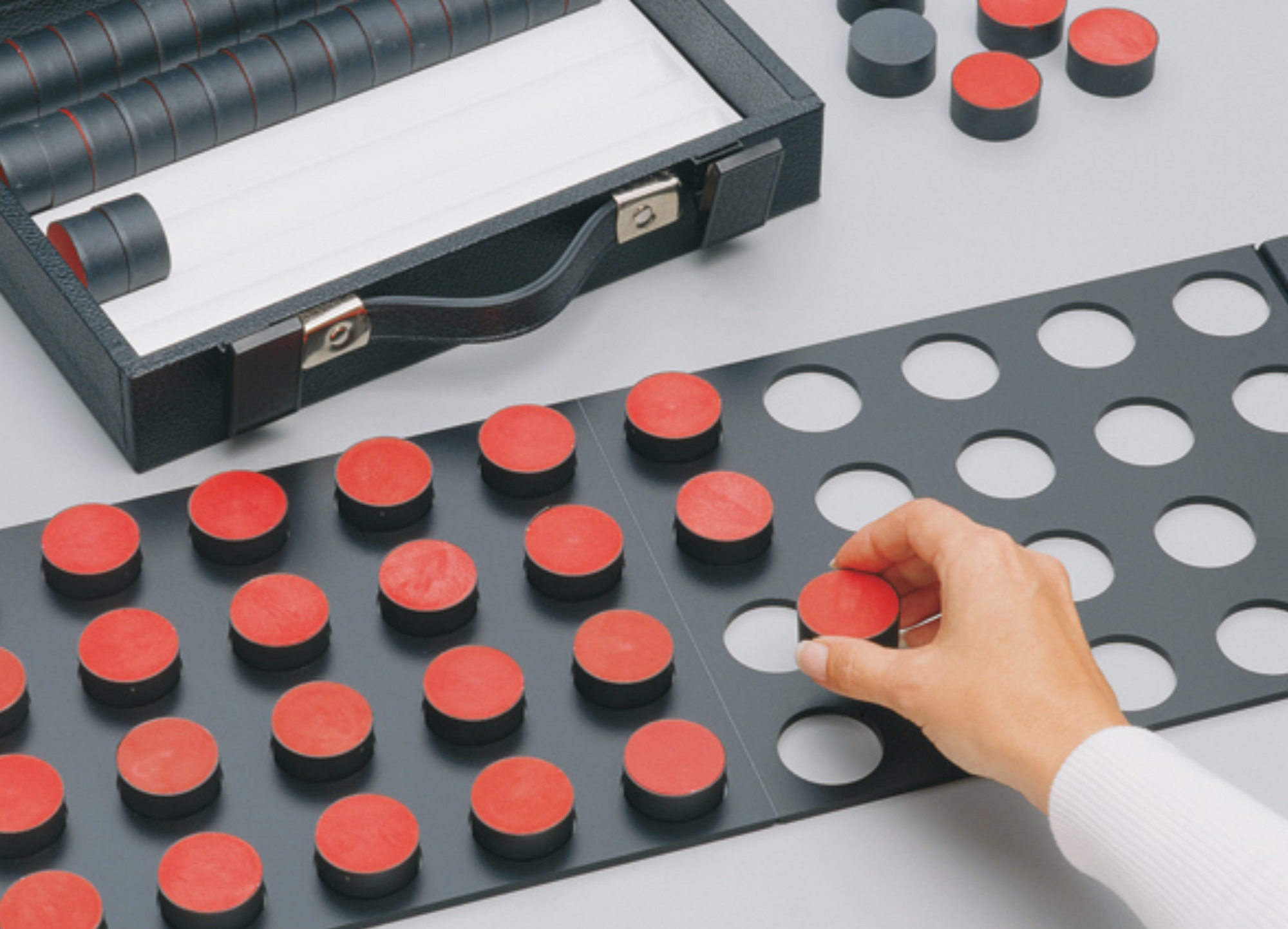
Disassembler Roundtable: Sensory Commons
Our everyday interactions with the world bring about experiences of delight, pain and tolerance through our individual and shared perception. Sensing speaks to us emotionally of texture, olfaction and flavor. It transcends our bodies and frames our ways of truth-making. Just as new languages enable new understanding, our ability to cultivate a practice around sensing can empower new modes of thinking and learning. Instruments of sensory perception are diverse; ranging from cognitive, physical or social and are varied in the ways they enable new perspectives and modes of reflection on the self, society and ecology. Through hands-on explorations and practices of collective sensing, multi-species collaboration, smelling and touching, participants will sketch new representations of their reality and navigate neglected senses through new methodologies for enhancement and impairment.
About the Disassembler Roundtable Series
Facilitated by Melanie Hoff and in tandem with Maria Antelman: Disassembler, this three-part series of participatory roundtables will draw on themes of hypnosis as a tool for control and liberation, techno-animism, and the spiritual intimacy of interface. Together we will ask, what are the physical and psychological impacts of automation processes on the individual and society?
Image: Minnesota Manual Dexterity Test. Rehab Mart.com. www.rehabmart.com/product/minnesota-manual-dexterity-test-6579.html. DOI: March 13, 2019.
Melanie Hoff is an artist and educator examining the role technology plays in social organization and reinforcing hegemonic structures. Hoff studies how platforms and processes — including algorithms, data collection, social media, networks, simulation, and ritual — yield distinct modes of seeing, thinking, and feeling, structure social organization, and reinforce existing systems of power. They write software, lead experimental workshops, teach Critical Interaction Design at Rutgers University, are an organizer and teacher at the School for Poetic Computation, is a founding member of the Cybernetics Library, and Summer 2019 Tech Resident at Pioneer Works.
Yasaman Sheri is a designer and creative director who works in the field of sensing and perception. She is passionate about networks in nature and machines, and explores design beyond the visual interface. She has led design interactions at Microsoft Hololens Operating System team for 5 years designing interfaces using gesture, machine vision and spacial interactions. Her work with Augmented Reality has inspired her to expand sensory interactions designing for the “other senses” in haptics, flavor, smell and micro-organisms. These explorations have led her collaborations with Toyota, Mozilla XR Studio, Google (X), Yeast Lab and various Smell and Haptics Research Institutes. Yasaman is also an educator, teaching Sensory Design at Copenhagen Institute for Interaction Design (CIID) and Graduate Industrial Design at Rhode Island School of Design (RISD). She is frequent visiting lecturer and faculty at Art Center College of Design, Columbia GSAPP, Cooper Union and Stanford. Most recently she was a resident at Ginkgo Bioworks where she explored biosensors and their role in new interfaces in Synthetic Biology and the types of sensing and interactions that might emerge from the synergy between Design and Science.